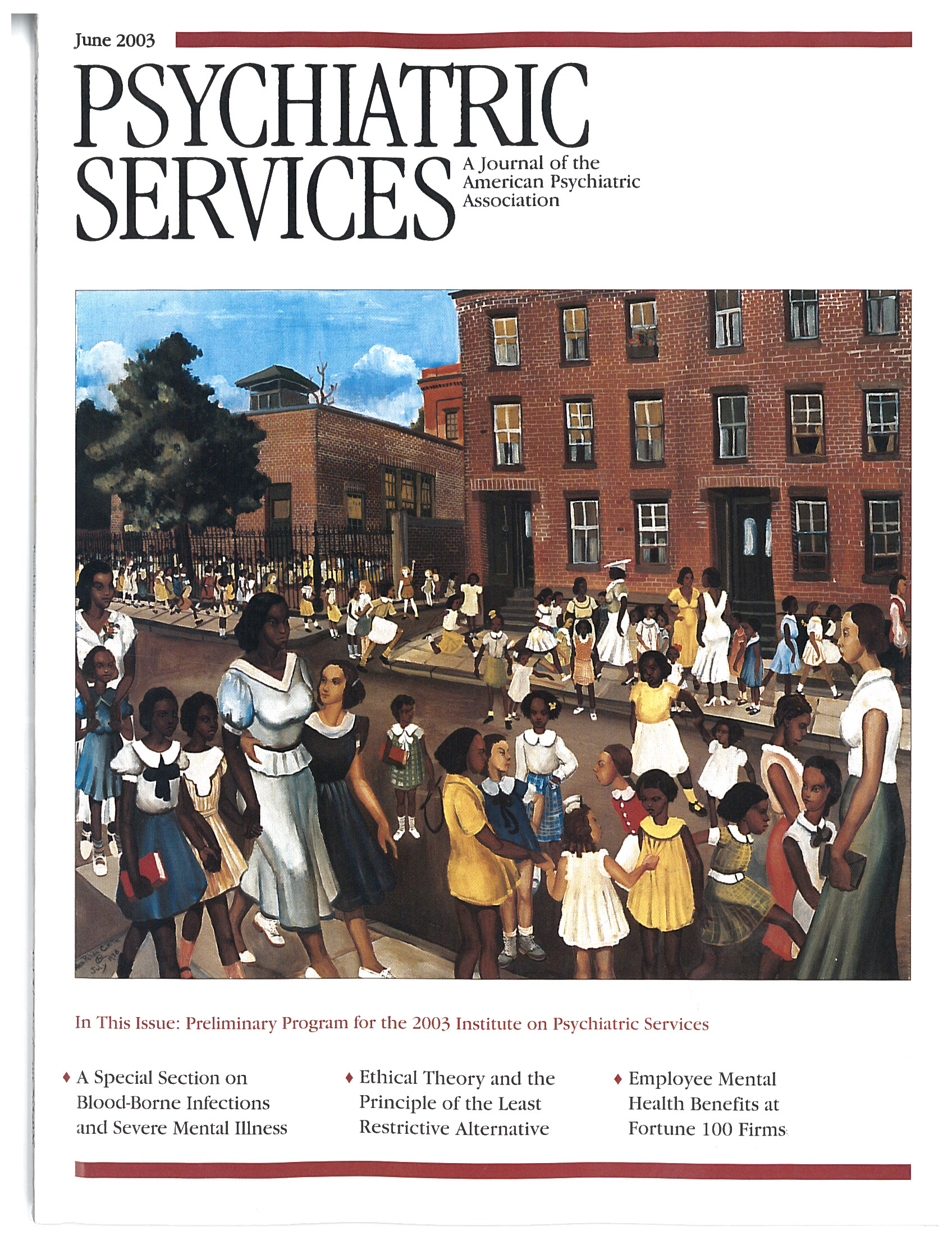Patterns and Predictors of Service Use and Unmet Needs Among Aging Families of Adults With Severe Mental Illness
Abstract
OBJECTIVE: This study examined patterns and predictors of use of and unmet need for support services among aging families of adults with severe mental illness by using an expanded version of the Andersen Behavioral Model. METHODS: Mailed surveys were completed by 157 mothers from 41 states who lived with and provided care to adult offspring with serious mental disorders, primarily schizophrenia or schizoaffective disorders. The mean age of the mothers was 67 years (range, 50 to 88 years). RESULTS: Although unique patterns were observed among individual services, overall service use was low despite high perceived need for services. The greatest unmet needs were for social or recreational programming, training in behavior management, and information on planning for the future. Regression analyses based on the expanded Andersen model revealed that greater service use occurred when offspring spent their days away from home, mothers received higher levels of informal support, and offspring were in poorer physical health. Greater unmet needs for services were reported when mothers experienced higher burden, perceived more age-related changes in themselves, and had offspring who typically spent their days at home. CONCLUSIONS: The needs and resources of the entire family, including access to informal social support, should be considered in attempts to identify predictors of the use of and need for services among persons with chronic and severe mental illness. The findings of this study also point to the need for family education in how to locate community services as well as for better and more sensitive community services intended for the entire aging family.



